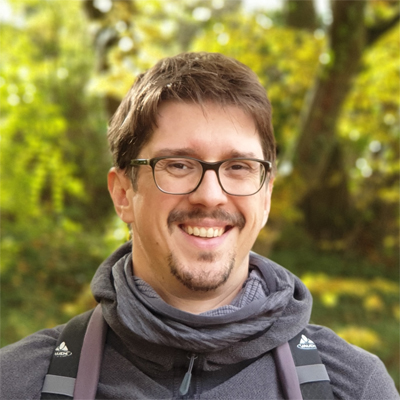The journey of writing a book – Part 1
So technically I already wrote a book: my PhD, which I published online in German in 2022. Also technically, I am not really writing a new book. I simply want to rewrite my German PhD into an English (and understandable) version. So is this really a hard thing to do? To use some old Facebook term: well, it’s complicated…
This is the plan
I already wrote about publishing my PhD here. It was a long journey and back in the day, I decided to write the PhD in German. This was of course much more natural to me. During the writing process however, I already regretted that decision. Because I have a lot of friends that might be interested in the topic, but do not speak German. I also think that the topic of my PhD might be interesting as well for people outside of Academia.
I therefore developed the plan. As soon as I was finished, I wanted to translate my PhD into English and search for a publisher. But this isn’t so easy as you might think. During the writing process, I became very “academic” and was focusing on topics way too theoretical for most people. But I want to create a book that can also be read by people doing game studies. Maybe also people not doing academia at all. So it became clear to me, that a simple translation won’t do.
Writing a book
So I decided to go back a step and rethink what I already have written. Around the same time, I was getting an eMail. It reminded me for an update to a software I used a while ago: Scrivener. Scrivener is a software for writing a book, or a screenplay. It is nothing more than a word processor really, but it helps to focus and organise. Also, I always need incentives.
So I did the update (marketing works!). I used this as an excuse to start writing a new introduction to my PhD in a way, that is more approachable than academic writing. Just compare the first paragraph of my (translated) PhD and the first paragraph that I wrote for the new book:
My actual PhD (translated into English):
Archaeological reconstructions² have existed as long as archaeology as such. They are excellent for conveying knowledge about ancient cultures in a visually impressive way. Thus, reconstructions were created to henceforth represent and shape the image of the past and – in the present framework – the past of West Asia³ (e.g. Micale 2008a, 191). Representations of ancient sites are still a popular format in scholarly publications as well as in museums, popular books (see Bahrani 2001a, 15) or video games. They visually recreate antiquity and present complex issues visually, because archaeological excavations always reveal only fragments of the past. Reconstructions can help to visually represent these fragments and to put them together into a whole.
First (temp) paragraph of my new book:
When I was eleven years old, I loved spending my free time playing video games. My father had bought an Amiga 2000 a couple years back, a machine and brand not available or known anymore, except as a simulator or maybe from a museum. It ran a 7 Megahertz processor and 1 Megabyte of RAM, astonishing numbers back in the day, but nothing worth anymore. I don’t quiet remember which games I usually played. Digital copy protection was not really invented yet (or effective) and the school courtyard easily transformed into a black market dealing 3.5 inch diskette video games on a daily basis. But what I do remember quiet vividly is the very first game that I actually bought with my own money. It was the year 1992 and a brand-new video game was hitting the market featuring an adventurous archaeologist and a mysterious secret to discover: Indiana Jones and the Fate of Atlantis.
This is what to expect
You see the difference? Well I do and I can tell you, that writing the new way, is much more fun. So what to expect? My plan is (and bear with me as most plans do not work out) to translate and rewrite the PhD until the end of this year. As a result, I would like to have a rough manuscript. My English is not the best (as you might notice), so the text has to be copy-edited anyway by someone capable. I would love to turn this into a softcover book somewhere, but I will see how it turns out in the end.
I also think, that I want to take you with me on that journey. That is why I titled this post “Part 1”. You will definitely not get weekly updated from me, but maybe over the course of the year three to four blog posts on how it is going. It is not only the writing process, but also finding a publisher and other obstacles that might be interesting. Writing a book is not easy, so if you have any helpful comments, just let me know!







